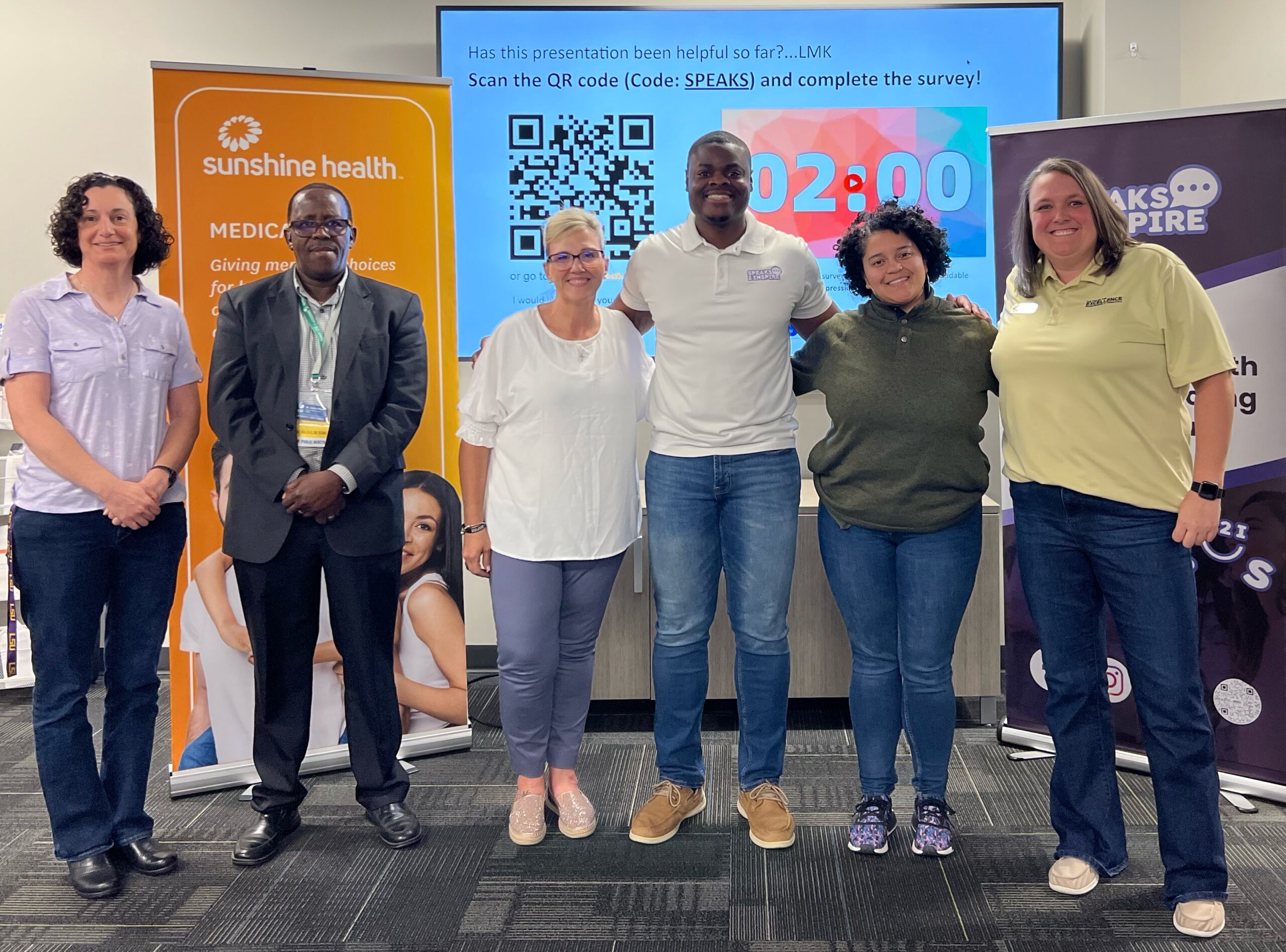This blog was written by Abraham Sculley, Founder, Speaks 2 Inspire:
Sick days are universally accepted, but many professors and employers are hesitant to approve absences for mental health. After returning from a sick day, you’re likely to be greeted with a warm welcome and a healthy dose of sympathy. After all, it’s no fun to be stuck at home with a bowl of soup and boxes of tissues.
Mental health days aren’t always met with the same understanding and compassion. Emotional wellness is deeply personal with an invisible set of symptoms. So, how can you guarantee that the student isn’t faking?
Opponents will argue that mental health days are no more than an excuse to skip classes or avoid deadlines. Or they may agree that students should be allowed time off for diagnosable mental illnesses with a doctor’s note. However, both of these viewpoints perpetuate harmful stigma.
Speaks 2 Inspire is on a mission to eradicate mental health stigma and empower everyone to seek help. Expanding access to and acceptance of mental health days is part of that mission.
Here’s why:
1. Students are asking for help.
Access to mental health breaks was one of the most requested resources by teenagers and young adults, according to a 2020 report by Mental Health America. And a similar survey by Harris Poll found that 78% of teenagers think schools should allow mental health days.
Vertical task forces bring students into the conversation and give them the power to shape new initiatives that directly affect them. Campus leaders have a powerful opportunity to show students that their opinions matter.
2. Proactive care is more effective than repair.
Prolonged stress has a negative impact on physical health, emotional wellness, and academic achievement. A single day for rest and relaxation can break the stress cycle and give students the boost they need to get back on track.
We should actively encourage young adults to seek help early and set themselves up to feel their best, rather than coping with emotional trauma when things get bad.
Suicide is the second leading cause of death among young adults and for every person who dies by suicide, 280 people decide not to go through with a suicide attempt. This concept and conversation can save lives.
3. Tracking improves with transparency.
Without the ability to take mental health days, many students will pretend to be sick in order to get the time they desperately need and still have their absences excused. This cover-up leads to isolation, embarrassment, and guilt – stigma that causes even more harm.
Accurate tracking and honest conversations make it easier for schools to identify at-risk students, offer lifesaving resources, and support people who are struggling.
4. It’s time for ownership and open conversations.
The Mental Health America report also found that half of the teens want to learn how to take care of their own mental health. By unlocking access to this powerful self-care solution, students have one more tool in their ‘toolbox.’
Shaping school absence policies is the perfect conversation starter and opportunity to teach emotional coping strategies. Educators and staff can discuss ways to monitor warning signs, where to find resources and healthy recommendations for how to spend the day.
Campuses can also book a mental health speaker for college events to empower and uplift the students, and get the conversation started. The most effective workshops and keynote speaker services are designed to bring students into the conversation and connect on a deeper level.
We all play a role in supporting student mental health and promoting mental health days are a solid start.
Connect with the writer, Abraham, on LinkedIn.
Contact us to learn more about our programs for colleges and universities.
Join our newsletter for more content, event notifications, and S2I updates.
Was this post valuable? Share it on your social media platform!




